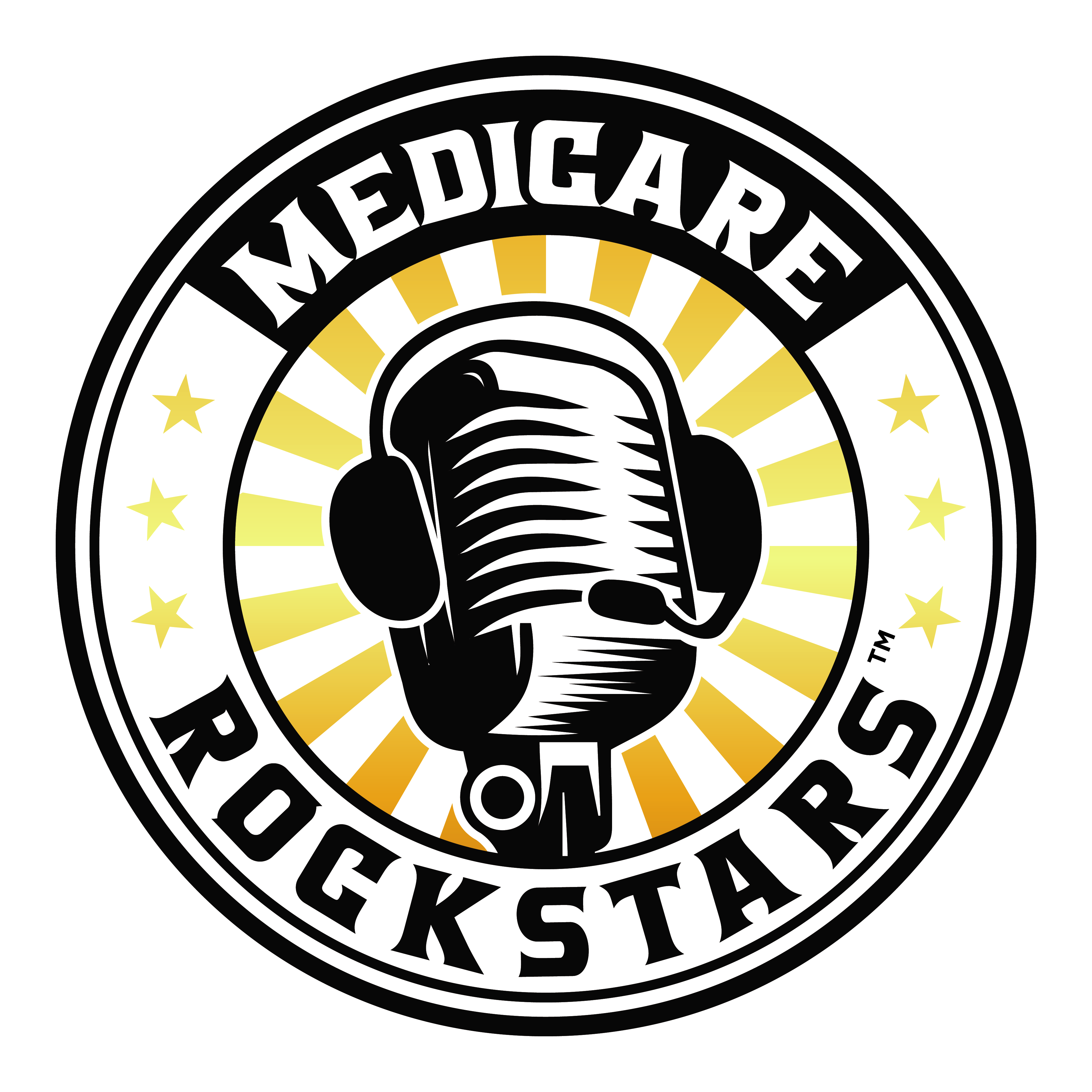Medicare is a federal program administered by the Centers for Medicare and Medicaid Services (CMS). It provides healthcare coverage to those over 65 and those with disabilities. It is paid for by Social Security payroll taxes.
Medicaid is funded jointly by state and federal governments. It provides healthcare for people with low incomes and resources and is funded by taxes.
Medicare Eligibility
To be eligible for Medicare, you must be 65 years of age or older or have been receiving disability benefits from Social Security or the Railroad Retirement Board for at least 24 months.
Medicaid Eligibility
Eligibility for Medicaid is based on your income and resources. To qualify, you must meet certain criteria and be within the income and resource limits set by the program you are applying for. In some states, you may be able to “buy down” your income through your healthcare spending.
Medicare Coverage
Original Medicare includes Part A and Part B, which cover your hospital and medical insurance. These pay for inpatient and outpatient medically necessary and preventative care, which can include things like clinical research, ambulance services, durable medical equipment, mental health care, and limited outpatient prescription drugs. For prescription drug coverage, you have to purchase a separate Part D plan.
Medicaid Coverage
Medicaid provides low-cost health insurance for people with low incomes and resources. It covers the Part A and Part B covered services along with prescription drug coverage and some extra care for children called the CHIP program.
Medicare Savings Programs
There are four Medicare Savings Programs that your state may offer. These include the Qualified Medicare Beneficiary (QMB) Program, the Specified Low-Income Medicare Beneficiary (SLMB) Program, the Qualifying Individual (QI) Program, and the Qualified Disabled and Working Individuals (QDWI) Program. These plans can help to cover your Medicare Part B premiums and other out-of-pocket costs, depending on the program. To qualify for one of these programs, you must fall within the income and resource limits.
Dual-Eligibility
You can be eligible for both Medicare and Medicaid if you fit the income and resource requirements. You then get to experience the benefits of both programs.
There are special Medicare Advantage programs made specifically for Medicare beneficiaries who are dual-eligible for Medicare and Medicaid. These are a type of Medicare special needs plans called Dual-Eligible Special Needs Plans (D-SNP). With a special needs plan, you can have prescription drug coverage along with providers who accept Medicaid and other benefits tailored to dual-eligible beneficiaries. You will have a network of providers available to you within the plan which you can see without worrying about overspending on your healthcare.
Finding Affordable Health Insurance Coverage
At Healthcare Solutions Direct, we understand that our clients may not all have the same advantages. Our goal is to get you the best coverage possible. We can help you apply for Medicaid or Medicare Savings Programs if you qualify and would like assistance in paying for your healthcare needs. Contact our team today for help in finding the Medicare or Medicaid coverage you need.



